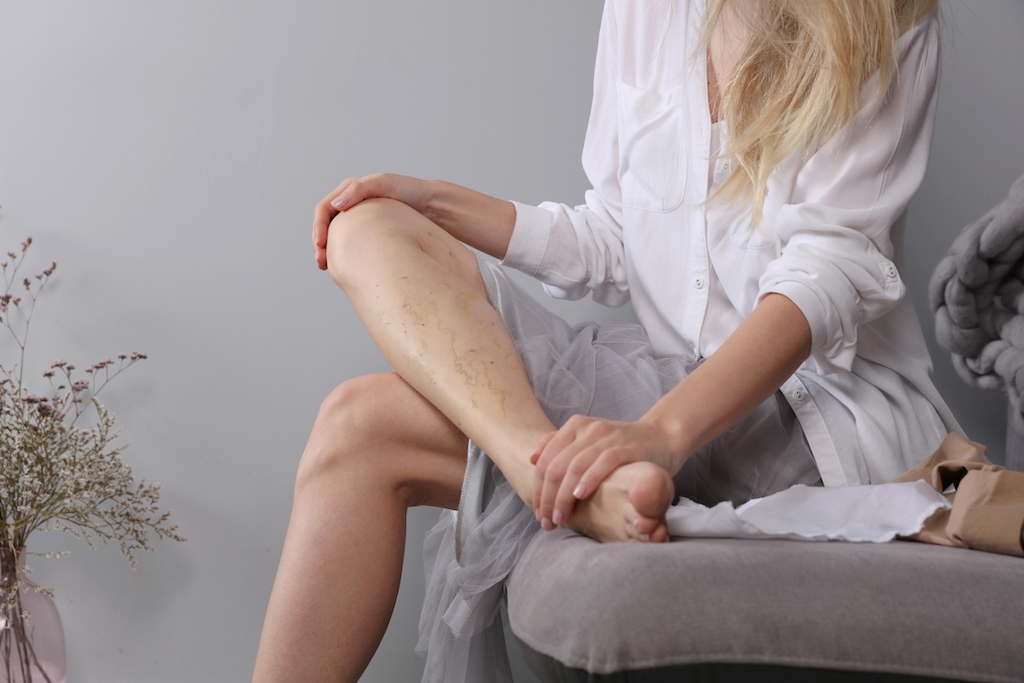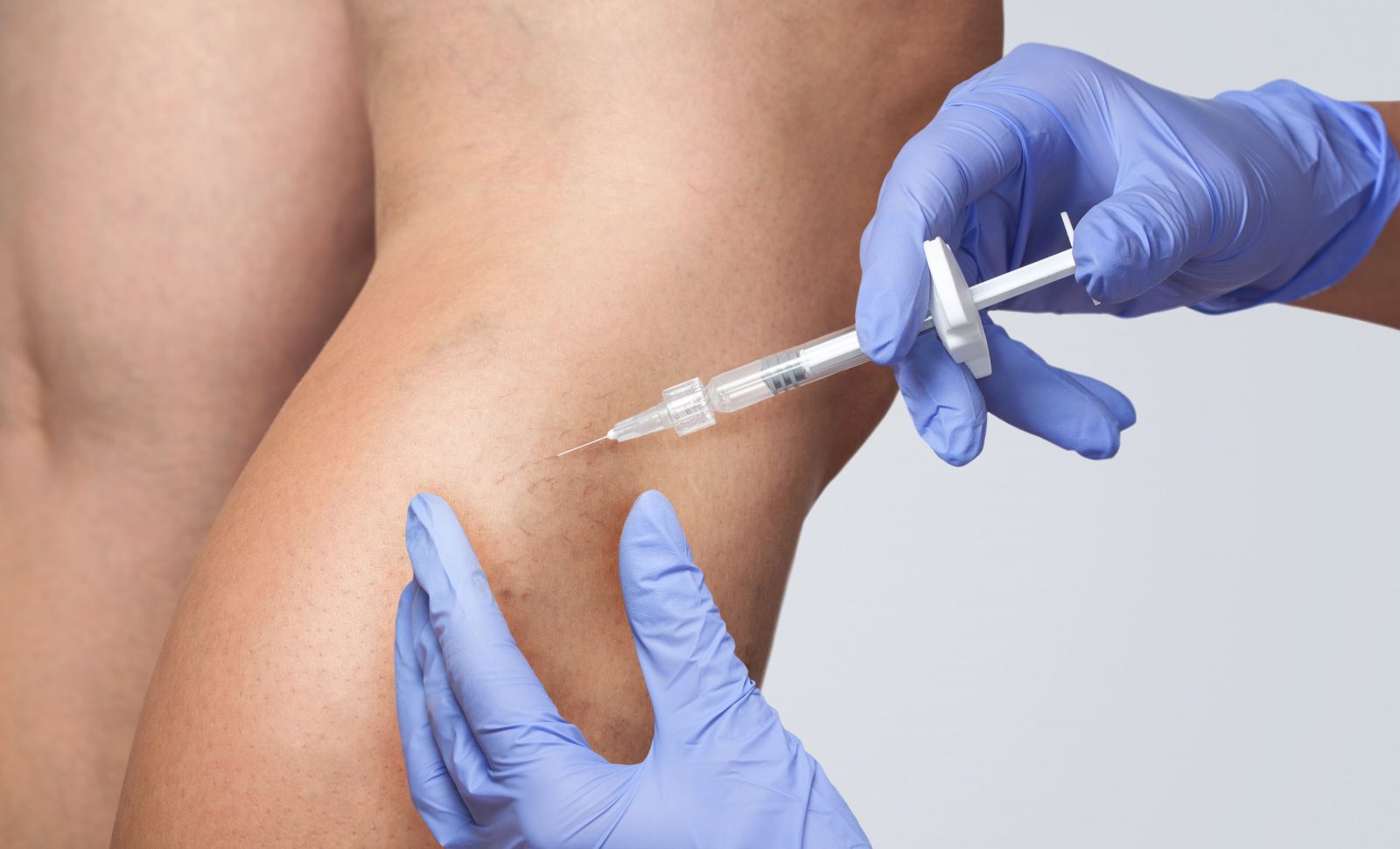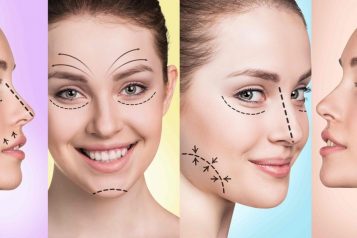Springhouse Derm is an integrated skin health and wellness center led by double Board-Certified Dermatologist Margo Weishar, MD. We offer patients a comprehensive approach to skin including the most current technology in laser medicine, advanced use of injectables by expert physicians, and a team of experienced practitioners to provide your care. As dermatologists, we are uniquely able to care for all medical skin concerns as well as cosmetic needs, integrating the latest techniques and technology in skin wellness. Haute Beauty sat down with Dr. Margo Weishar to discuss what to do if you have skin pigmentation.
 Photo Credit: Shutterstock
Photo Credit: Shutterstock
Are you unhappy with your unsightly veins on the legs and/or spider veins? At Springhouse Dermatology, double-board certified physician Dr. Margo Weishar is proud to offer sclerotherapy for all types of leg veins. Haute Beauty expert Dr. Weishar dives into the details of the treatment, the downtime and the results. Here’s what she had to say:
What factors contribute to leg veins?
The most important factor is genetics! If your parents had leg veins it increases your chances. Other contributing factors can be weight, activities that require prolonged standing and pregnancy.
Can leg veins be prevented?
They can’t be prevented but they can be lessened. By keeping active, your blood will circulate in the lower legs, your muscles will be toned and you will be able to sustain a healthy weight. For those who stand for long periods of time like teachers and health care professionals, there are compression leggings or pantyhose to help counteract the outward pressure on the veins.
Are there any at-home methods to improve the appearance of leg veins?
You can use leg makeup. There are several spray-on products that can camouflage leg veins and the use of compression can help delay new ones from forming and prevent the ones you have from becoming worse.
What is the most effective treatment (minimally invasive) for leg veins?
Sclerotherapy is the gold standard for the treatment of all sizes of leg veins. It consists of introducing a medication into the vessel through a tiny needle. This solution irritates the lining of the vessel causing it to shut down. It is then broken down and absorbed by the body. For very large veins or patients who become symptomatic with pain or breakdown of the overlying skin sometimes other minimally invasive techniques are required to repair leaky valves or remove the vessel through the skin which we call Ambulatory Phlebectomy.
 Photo Credit: Shutterstock
Photo Credit: Shutterstock
What are the benefits?
Along with sclerotherapy being an outpatient procedure, there are other benefits including:
- No pain on injection
- Resume normal activities (almost immediately)
- Very safe and effective
Many patients ask Dr. Weishar about treatment with lasers. Although lasers have the potential to treat veins they are less successful on the legs than elsewhere on the body. In addition, they introduce more pain, risk of side effects, and greater expense. Most laser specialists like Dr. Weishar prefer to treat with sclerotherapy.
What are the side effects?
Occasionally one will see temporary bruising at the site of the vessels. Your veins may also look worse before they look better so sclerotherapy will need to be completed at a time when the patient has at least a month before exposing the area. These side effects can be minimized if aftercare instructions are adhered to such as wearing compression stocking for two weeks immediately after treatment. After two days the stockings can be removed for exercise and sleeping.
How’s the recovery time?
2-days until able to do any full motion or strenuous activities. Immediately after, you can resume normal walking, which is encouraged to promote blood flow and avoid blood clots. Sun exposure should be avoided in the treated areas to prevent hyperpigmentation.
How quickly will you see results?
It takes 4-6 weeks to see fading. All patients need at least two treatments to the areas to produce clearing of the vessels. Dr. Weishar tells people to expect the process to take around 4-6 months to see a final result.
For more information, visit Dr. Brian A. Levine's social media:

























